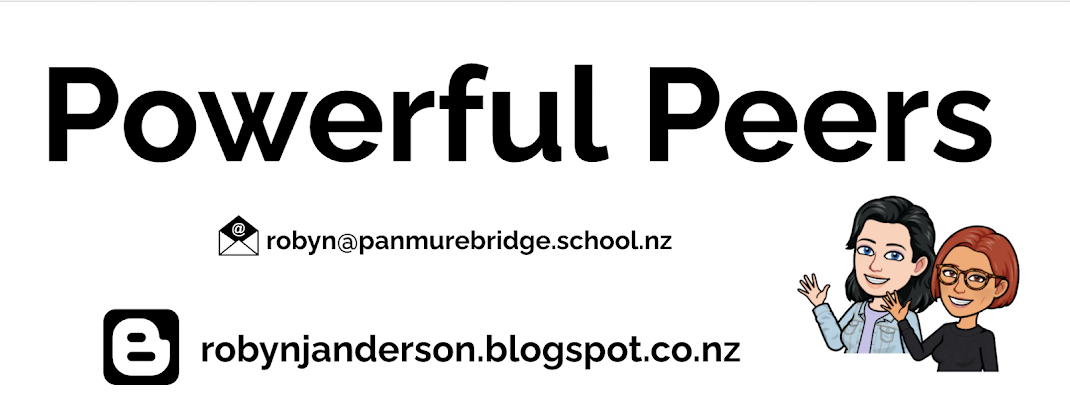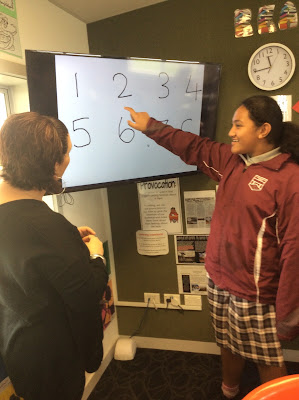Having attended the NZLA 2016 Conference in Waitangi I am inspired to begin term 4 and to share my new learning with both my learners and my colleagues. Here are a few of my takeaways:
Photos
Karen Melhuish Spencer
- As teachers we need to stay connected and have conversations with our students and wider school community.
- We need to deliberately teach digital citizenship and keep informed
- As teachers we need to enable and support our learners journey as digital citizens
- No ‘sheriff’ on the internet = no rules therefore our learners have to manage their own identity so we need to teach skills of social connections and make students aware of the consequences of passing on viral messages
Alison Davis
- We are challenged to continue increasing the number of students who are intellectually engaged by changing the treadmill - learners need to be in the driver's seat
- Finding out the needs of our students - big picture data
- Gather student voice to id the hard spots/gaps
- LI and SC are needed to make the learning explicit
- Academic vocabulary in the classroom - need to make it accessible to the students
- Think > Pair > Share > Compare (Explain your thinking... 'How would you explain...?')
- Teach the struggling students the strategy > then they teach the others in the class - kids listen to kids!
- Reading comp. is about accessing the ideas
- Strategies are just the tools, but need to be able to transfer to different text and at more complex levels, how to use it and when to use it. Tools need sharpening - upskilling - (Decoding tools, vocab tools…)
- Reading > Writing > Grammar connections are needed
- Unpack exemplars and co-construct SC to grow u/st
(Verena Watson/Sue McDowall)
- ARBS have 2700+ resources available
- Homepage - https://arbs.nzcer.org.nz/home
- Concept maps link to strategy support
- Eg comprehension strategies have links to teacher support materials, definitions/explanations and all the ARB resources that support this learning
- Research articles are available
Questions
(Rita Palmer)
- Exploring different ways of encouraging learners to ask deeper questions (wonderbag, qu matrix, what if, synectics...)
- Give a student a qu to answer and they will learn the passage they have just read
Research says
- students ask less than 5% of the qu
- 70-80% of qu are at factual or recall level
- Teachers call upon those they see as higher achievers far more than those they perceive to be lower achievers
- Teachers must teach chn how to ask qu ‘without strong questioning skills students are merely learners on someone else’s tour bus’ - they maybe on the highway but someone else is doing the driving
Diversity
(Verena Watson/Sue McDowall)
- Connections to the familiar are affecting text buy-in from students
- Read aloud to help make connections
- Tchr PD must be current and practical based
- Use diversity don’t cope with it, cater for it or embrace it!
- Diversity = a rich class
- Need to prepare students to deal with diversity - ideas that differ from our own




